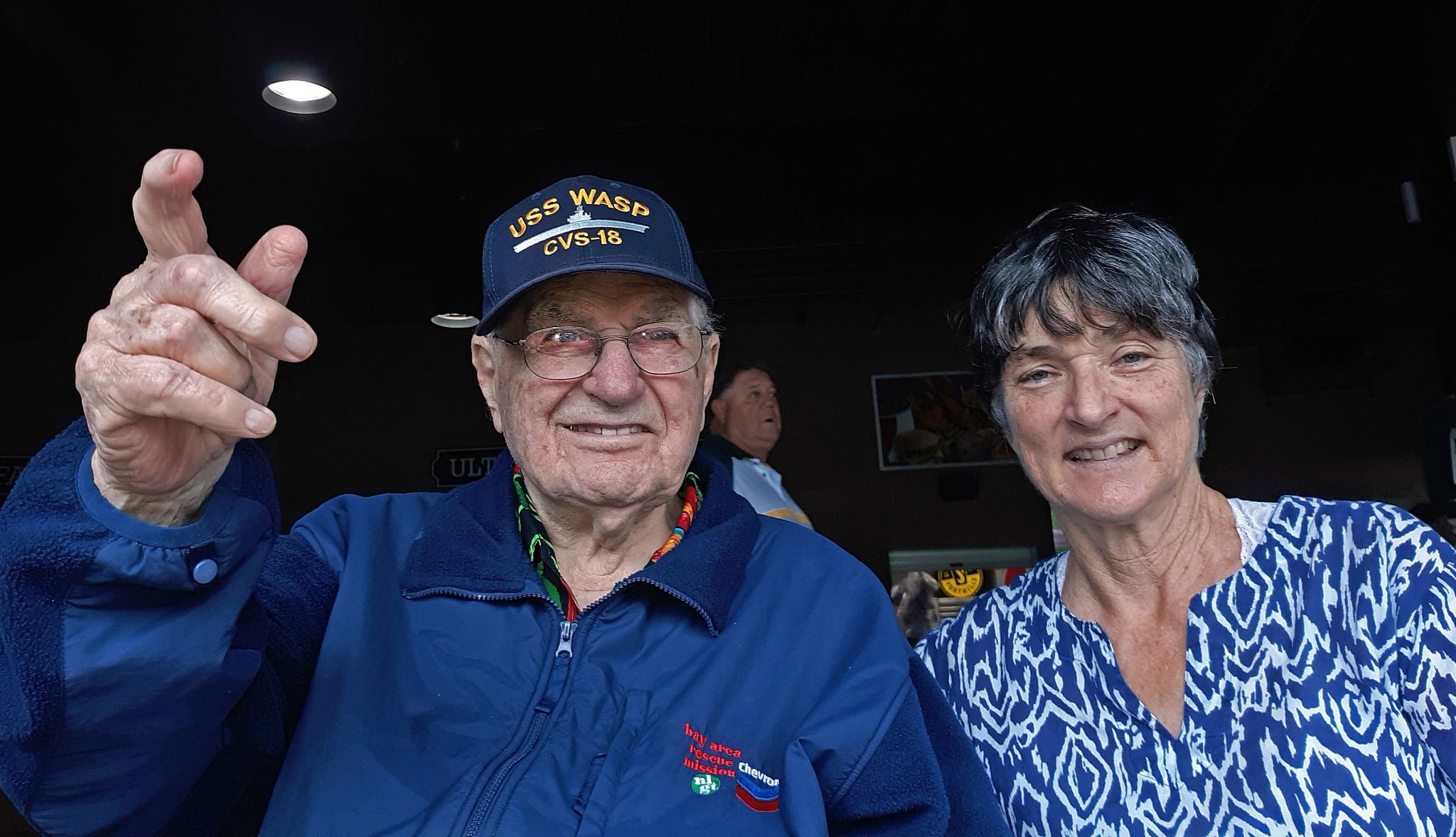AARP Hearing Center


The crushing cost of long-term care can quickly deplete your retirement savings. It’s one of Medicare’s big gaps: Medicare does not pay for long-term care in a nursing home or assisted living facility and it provides very limited coverage for home care.
But many veterans are eligible for a valuable benefit to help with these expenses. The Department of Veterans Affairs’ Aid and Attendance program can pay as much as $2,727 per month in 2024, with benefits that can continue for the rest of their lifetime.
“There are likely many veterans out there that are unaware they are potentially eligible for Aid and Attendance benefits,” says Keith Wilson, director, Benefits Center of Excellence for the Virginia Department of Veterans Services. “It’s a huge challenge trying to reach these veterans.”
Some veterans may have served decades ago and haven’t worked with the VA since then. But if they served at least one day during wartime and need help with activities of daily living, such as bathing, dressing and eating, it’s worthwhile to see if they are eligible. They must meet income requirements, but their cost of long-term care — including nursing home, assisted living and home care costs — can help reduce their income in the calculations and make it easier to qualify.
Beth Agnello’s dad, Les, served in the Navy during World War II, attended college on the GI Bill, and then spent more than 40 years teaching physics and physical education in Richmond, California. He and his wife, Gene, moved to a retirement community when they were in their mid-80s.
Les started showing signs of cognitive impairment, and after Gene had a stroke in April 2010, they both needed extra help and moved to an assisted living facility. Suddenly, their living expenses exploded — topping $4,000 per month. The facility’s director knew that Les was a WWII veteran and told Beth that he was likely to qualify for the VA’s Aid and Attendance benefit to help cover the cost of care.
Beth went to a local Veterans Service Organization office for help — VSOs are organizations that assist veterans with VA claims — and ended up working with an expert from the American Legion who knew how to navigate the complicated application process. Gene died in December 2010, but Les remained in assisted living. After mounds of forms and several long letters to and from the VA, Les started to receive Aid and Attendance benefits about six months later. It paid more than $1,600 per month for 10 years, until he died in February 2020 at age 98.
Between his teacher’s pension and his Aid and Attendance benefits, he was able to cover the cost of care — first in California, then when he moved to a more expensive facility in North Carolina to be near Beth — without having to deplete his small nest egg. He had enough money left over that he could attend minor league baseball games of his beloved Winston-Salem Dash with her until the year before he died.


Many wartime veterans need help with the activities of daily living as they get older but are unaware of benefits they are eligible for or are intimidated by the time-consuming application process. These benefits can be incredibly valuable, providing a monthly payout for as long as the veteran or surviving spouse needs care. The average age of veterans receiving Aid and Attendance benefits is currently about 74, says Kevin Friel, deputy director, pension and fiduciary services for the VA’s Veterans Benefits Administration.
How much can I receive in VA long-term care benefits?
In 2024, veterans with one dependent (usually a spouse) who need care can receive up to $2,727 per month in Aid and Attendance benefits (more than $32,000 per year), or up to $2,300 per month without a dependent, depending on their income and cost of care.
Surviving spouses of eligible veterans without dependents can receive up to $1,479 per month if they need care after the veteran dies.
The money is paid monthly as a supplement to the veteran’s pension. You must need help with at least two activities of daily living to qualify, but you don’t need to spend the money specifically to reimburse the cost of long-term care. However, paying for long-term care — in a nursing home, assisted living facility or in your own home — can help make you eligible for benefits.



































































More on Home and Family
Federal Housing Grants Can Help Veterans Age in Place
VA money is available to install ramps, widen doorways, make other needed renovations
Veterans Home Benefits Guide: Digital Edition
Connecting veterans with programs to modify their homes8 Major Health Risks for People 50 and Older
A look at the top killers — and how to dodge them